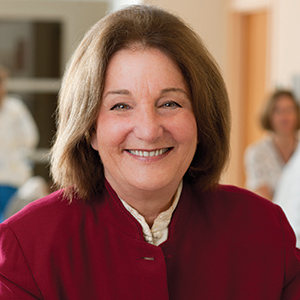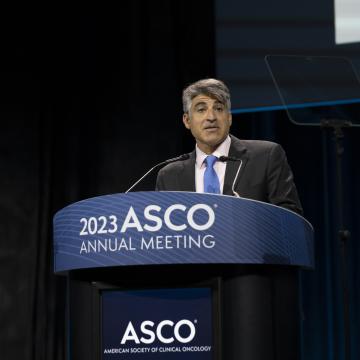Lymphoma
Lymphoma is an umbrella term describing dozens of cancers that begin in the immune system. Lymphomas are the most common type of blood cancer, broadly categorized as either Hodgkin or non-Hodgkin disease. All lymphoma subtypes combined are the seventh most common cancer in the United States.
Getting treated for lymphoma at City of Hope gives you access to unparalleled treatment options and exceptional care from experts in all subtypes of the disease, from rare and unusual to complex and chronic. It means you are the focus of a team of world-class scientific leaders who know the newest and best treatments for your disease — and likely played a role in their discovery.
This year, over 80,000 adults and children in the United States will be diagnosed with non-Hodgkin lymphoma and approximately 8,500 with Hodgkin lymphoma, according to the American Cancer Society.
About 90% of people with lymphoma are diagnosed with non-Hodgkin lymphoma.
Usually, there are no early warning signs of lymphoma, so diagnosis tends to occur during later stages. In addition, some of the first signs of lymphoma are the same as other illnesses, including swollen lymph nodes, cough and fever, making it challenging to diagnose early on.
City of Hope’s approach to treating lymphoma starts with a coordinated, multidisciplinary care team whose primary goals are helping you to live a long, healthy life free from cancer.
The newest therapies and treatment combinations, tailored to your specific type of lymphoma, are what guide your treatment. Our lymphoma specialists offer leading-edge therapies — and specialize in treating difficult lymphomas, including aggressive and slow-growing kinds.
Getting treated for lymphoma at City of Hope means you are steps away from labs developing new cancer treatments every day.
That proximity means you benefit from something unique in cancer care — “bench-to-bedside” treatment. For example, we test promising therapies and combinations manufactured in our campus labs on patients at lifesaving speed.
When you come to City of Hope, you have access to a strong network of support services and staff to help you and your family along your lymphoma journey.
Patient Stories




City of Hope's lymphoma program is among the best in the United States. We treat the full spectrum of disease — whether you are newly diagnosed or have cancer that has returned or failed to respond to previous therapies.
Our commitment to providing exceptional lymphoma care includes:
- Expertise in rare lymphoma subtypes, like cutaneous T cell, double-hit B cell and AIDS-related lymphomas
- Promising gene, vaccine and CAR T cell therapies, and combined immunotherapy with radiation therapy to boost the immune system's cancer-fighting response
- A pioneering blood and bone marrow program that performs hundreds of transplants yearly and utilizes innovative approaches like pairing transplantation with new therapies
- Advanced, focused radiation therapy techniques, including helical TomoTherapy used to direct radiation directly into bone marrow compartments, reducing recovery time and side effects
- Genetic testing and customized drug therapy tailored to the molecular profile of specific lymphoma types
- Collaboration with an international network of institutions, providing patients speedy access to the best therapies and latest clinical trials
- Experience with difficult-to-treat groups, like older and pediatric patients and those with other chronic conditions
- Survivorship clinics that support and monitor patients throughout the disease
- Industry-leading supportive care programs to address disease-related financial, spiritual and symptoms issues
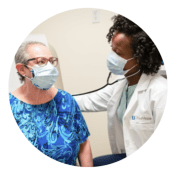
City of Hope is one of the few facilities designated a comprehensive cancer center by the National Cancer Institute.

Our developments in the areas of breakthrough cancer drugs, bone marrow transplants and CAR T cell therapy are recognized internationally.

Our leadership in research and innovation continually enhances our ability to provide novel and differentiated approaches to cancer care.

John Baird, M.D., is a hematologist-oncologist and assistant professor, Division of Lymphoma, Department of Hematology & Hematopoietic Cell Transplantation at City of Hope.

Elizabeth Budde, M.D., Ph.D., is an oncologist and associate professor at City of Hope.
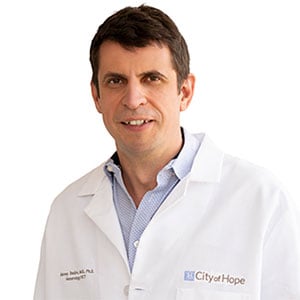
Alexey Danilov, M.D., Ph.D., is the associate director of the Toni Stephenson Lymphoma Center and professor in the Department of Hematology & Hematopoietic Cell Transplantation.
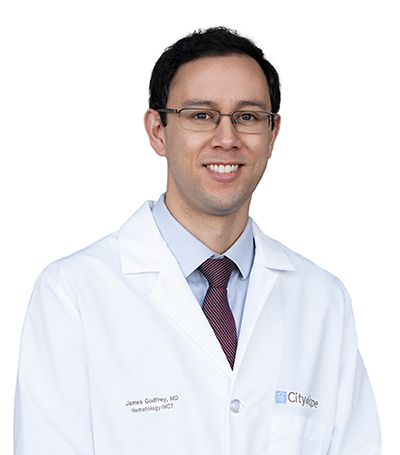
James Godfrey, M.D., is an hematologist and assistant professor in the Department of Hematology & Hematopoietic Cell Transplantation Department at City of Hope in Duarte, California.
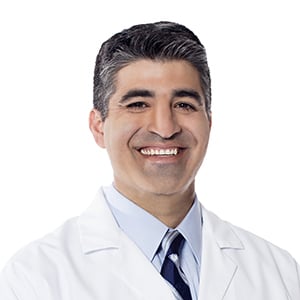
Alex Herrera, M.D., is chief of the Division of Lymphoma and a hematologist-oncologist at City of Hope specializing in treating and researching lymphoma.

A lymphoma expert, Niloufer Khan, M.D., came to City of Hope to work with a world-class, multidisciplinary team, including dermatologists and radiation oncologists, to treat patients with lymphoma, particularly T cell, Hodgkin and cutaneous lymphomas.

Larry Kwak, M.D., Ph.D., is the director of the Toni Stephenson Lymphoma Center at City of Hope.
Alexandra Levine, M.D., M.A.C.P., is an acclaimed expert in lymphoma, Hodgkin's disease and AIDS-related malignancies.

Avyakta Kallam, M.D., is an assistant professor, department of Hematology and Hematopoietic Cell Transplantation.

Swetha Kambhampati, M.D., sees her calling as a physician as the perfect way to combine her love for science with her passion for service. She aims to provide compassionate care tailored to each patient's needs. As an oncologist/hematologist specializing in lymphoma, she has experience and expertise

Matthew Genyeh Mei, M.D., Hematologic Malignancies and Stem Cell Transplantation Institute | City of Hope in Southern California.

Tycel Phillips, M.D., is a hematologist-oncologist in the Division of Lymphoma, Department of Hematology & Hematopoietic Cell Transplantation, at City of Hope in Duarte, CA.
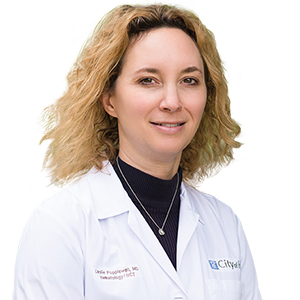
Leslie Popplewell, M.D., is a hematologist specializing in lymphoma at City of Hope Atlanta.
Steven T. Rosen, M.D., is a professor, Division of Lymphoma, Department of Hematology & Hematopoietic Cell Transplantation, and executive vice president and director emeritus, Comprehensive Cancer Center and Beckman Research Institute of City of Hope.
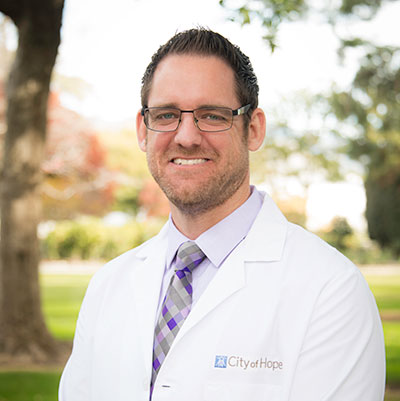
Geoffrey Shouse, D.O., Ph.D., is a hematologist-oncologist who specializes in treating and researching lymphoma.
Tanya Siddiqi, M.D., is the medical director of the Division of Lymphoma at City of Hope.

Jasmine Zain M.D., is a professor in hematology and HCT. Additionally, she is the Tim Nesvig Lymphoma Research Fellow, as well as director of the T cell Lymphoma Program at City of Hope.
